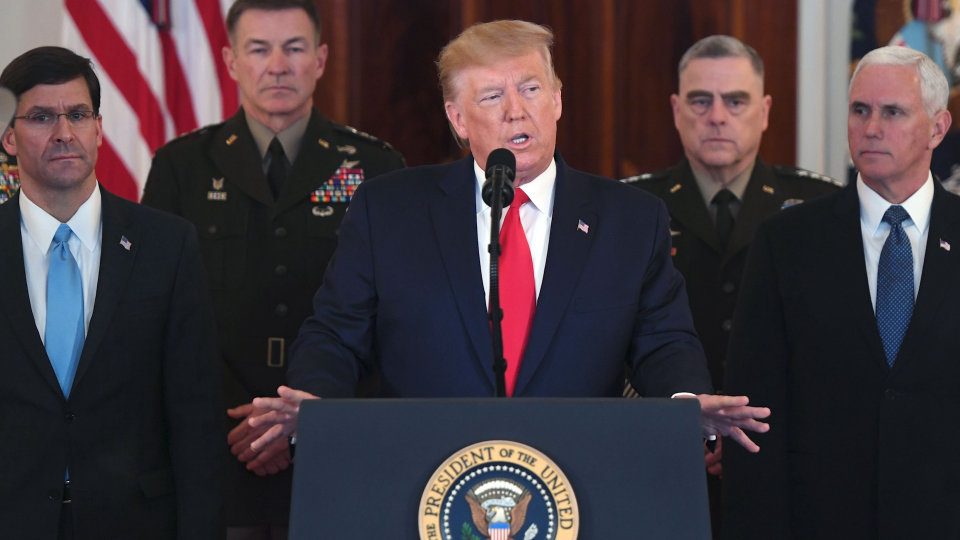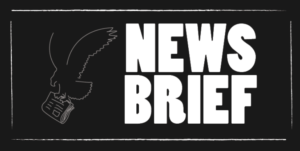The pressure of public irritation due to an ailing public economy has urged Iran’s governmental authority to look internally and show encouraging signs of decreased foreign tensions.
Limited job availability, an overwhelming increase in the price of food and day-to-day products and an increasingly skeptical public eye have pushed Iran into a serious economic crisis. The status they once knew is shrinking.
The Trump administration has implemented crippling commercial deterrents disconnecting Iran’s access to international markets. Iran has seen a frightening 9.5% decrease in its annual rate, according to the International Market Fund. Inflation has been seen as high as 40%, unemployment is affecting one of every four Iranian citizens and their chief export, oil, plummeted in December due to the sanctions which have been inflicted.
Britain, France and Germany reinforced their intentions to revert to compliance with a 2015 nuclear deal which could reinstate previous limiting factors imposed by the United Nations applying added pressure.
Missile strikes on American bases in Iraq, as a response to Major General Qassem Soleimani.
Soleimani’s death, have been deemed successful vengeance in the eyes of foreign leaders. Increased hostility is viewed to only cripple the ordinary Iranian individual.
In an article for the New York Times, columnist Peter Goodman said military advancement would further disrupt economic production.
“It would likely weaken the currency and exacerbate inflation, while menacing what remains of national industry, eliminating jobs and reinvigorating public pressure on the leadership,” Goodman said.
Goodman went on to say these foreign disputes could advance the crisis into an even larger scale.
“Conflict could threaten a run on domestic banks by sending more companies into distress,” Goodman said. “Iranian companies have been spared from collapse by surges of credit from banks. The government controls about 70 percent of banking assets.”
IMF director Adnan Mazarei stated the credit crisis and hyperinflation are leading to an untenable problem in a PIIE Policy Brief.
“That is the specter hanging over the Iranian economy,” Mazarei said. “The current economic situation is not sustainable.”
There are, however, economists who suggest the only way to stimulate the Iranian economy is through a resistance-style market. Yassamine Mather, a professor at the University of Oxford, stated this may be what the Iranian government needs to do to distract the public from its true problems.
“There will be those who will argue that we can’t sustain the current situation if we don’t have a war,” Mather said. “For the Iranian government, living in crisis is good. It’s always been good because you can blame all the economic problems on sanctions, or the foreign threat of war. In the last couple of years, Iran has looked for adventures as a way of diverting attention from economic problems.”
Senior finance major Jake Tomcheck stated the economic factors will likely drive the Iranian government to do anything necessary to keep control of their positions of authority.
“There’s a serious issue to consider,” Tomcheck said. “At the end of the day, we have to be cognizant that there is a possibility that the leaders of Iran might opt to impoverish their own people to stay in power.”








Be First to Comment